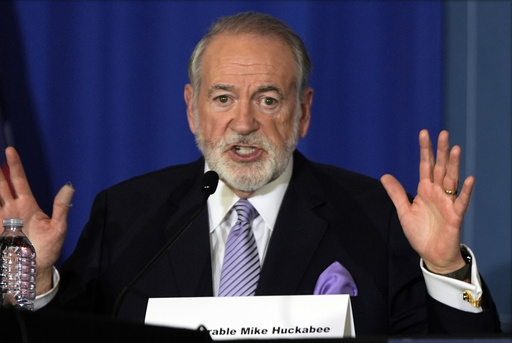
WILMINGTON, Del. — On Monday, a federal judge in Delaware dismissed a lawsuit brought by former Arkansas Governor Mike Huckabee against Meta, the parent company of Facebook and Instagram. Huckabee had taken legal action over advertisements that used his name and likeness to promote CBD products, claiming these ads misleadingly suggested that he endorsed and consumed CBD gummies. It is important to note that CBD, or cannabidiol, is one of the primary components derived from cannabis but does not induce the psychoactive effects associated with THC.
In court, Meta contended that it was shielded from responsibility for the advertisements under Section 230 of the Communications Decency Act. However, U.S. District Judge Gregory Williams dismissed this defense, stating that Huckabee had not presented valid claims for invasion of privacy, unjust enrichment, or a breach of Arkansas’ Publicity Protection Act.
The judge did acknowledge Huckabee’s point that Meta acted as an “information content provider” by using user data and algorithms to curate content that appears on users’ feeds. This role could potentially expose Meta to liability regarding the misleading advertisements. Nonetheless, Judge Williams concluded that Huckabee failed to prove that the company was aware the ads were fraudulent, or that Meta had knowledge of any facts that would suggest this.
Huckabee’s claims that Meta approved the ads with malicious intent or showed reckless disregard for their truthfulness were deemed insufficient by the judge, who referred to them as mere conclusions. “It is not reasonable to infer that Meta entertained serious doubts about the asserted advertisements since Governor Huckabee has publicly denounced marijuana,” he noted. The ruling implied that there were no grounds to claim Meta was obligated to perform due diligence on the veracity of the ads, and even if such a requirement existed, it would not suffice to infer malicious intent on Meta’s part.
